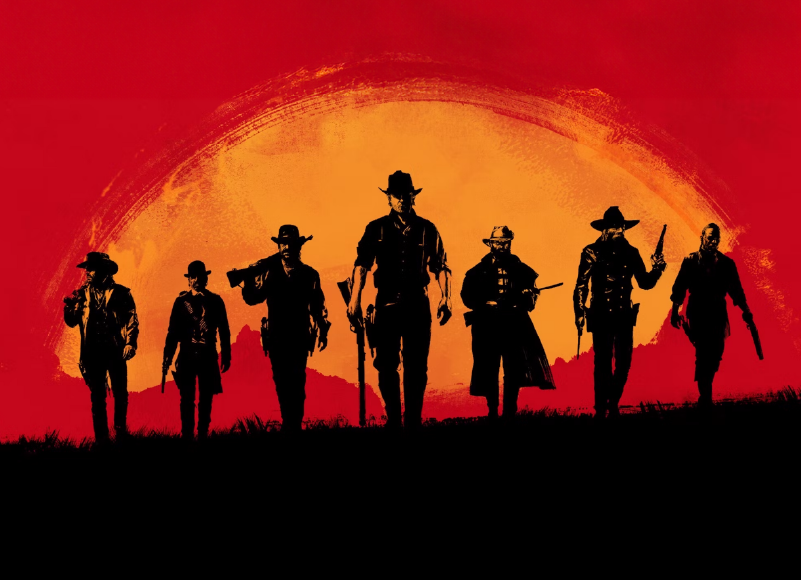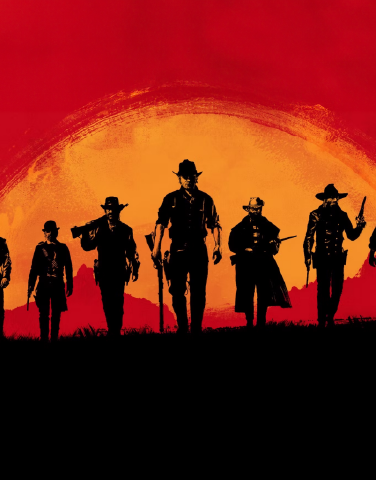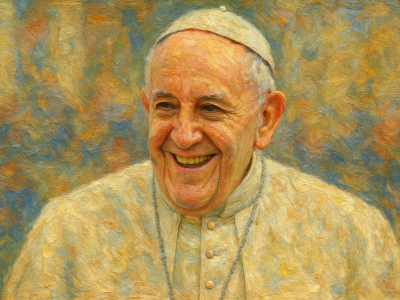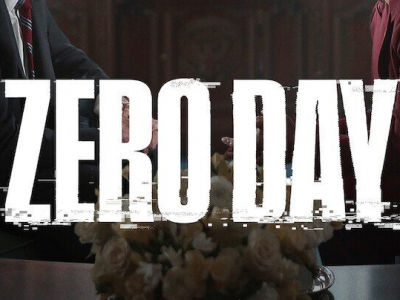Red Dead Redemption 2 features One of the most captivating storylines in video game history may be found in Red Dead Redemption 2. Recently, games have shown to be excellent mediums for creating enduring narratives and characters. The way Daniel “Dutch” van der Linde develops into the antagonist of the game makes him stand out as a character.
As Arthur (the protagonist) observed, “He was always that way; it just became clear.”
Despite his charisma, his visionary attitude, and his gang’s admiration, Dutch lost a wonderful opportunity to become one of the greatest leaders in gaming history. I picked up some knowledge about risk management while playing the game, which is listed below:
Ambiguous Strategies by Dutch – The absence of well-defined strategy and plans makes the risk management efforts ineffective
Dutch always had a “Plan,” but it was often impractical and illogical, leaving the gang in vulnerable positions and driving to their downfall. People first strategies will always have a higher probability of success rather than the leadership way of doing things.
In the context of organizations risk management, if an organization lacks a clear risk management strategy, it may struggle to identify relevant risks or may focus on insignificant ones. This can ultimately lead to ineffective risk management and negatively impact organization’s overall success.
The gang’s common goal was to earn enough money to escape the law and settle down. However, this didn’t mean that making money ought to come out of the gang’s safety.
Dutch’s increasing materialism and infatuation with money during the game might be compared to inadequate risk mitigations techniques. At first, he put the gang’s overall welfare first (as evidenced by the time the whole gang puts their lives in danger to save John’s son Jack Marston). But during game, he became entirely focused on himself and lost sight of the serious risks that his choices and actions posed. As a result, he abandoned John, Abigail, Arthur, and other gang members, in the event of near death incidents.
Dangers of prioritising Short-term gains over Sustainable growth
Even though Micah was the “rat”, Dutch’s obsession with immediate money created an gang’s environment where someone like Micah could manipulate the gang and exploit its members for personal gains. Here clearly Dutch was misguided by Micah, and however Micah cannot be blamed completely as Dutch was always that way. By prioritizing short-term financial gains over the integrity and safety of the gang, Dutch overlooked the potential threats posed by betrayal within the gang/cult. To effectively manage risks, an environment of trust must be established, and internal threats must be identified and dealt with. Dutch finally failed to achieve this, which gave Micah the opportunity to weaken the gang from inside and bring about its dissolution.
Stakeholder Management including Transparency and Communication – An effective Risk Management practice cannot be ignored
Dutch’s unwillingness to have an honest conversation with Arthur and the other gang members regarding his behaviour exposes a serious communication breakdown, which is essential to successful risk management. Instead of encouraging transparency and cooperation, Dutch got defensive and started doubting the integrity and loyalty of people around him.
In risk management, open communication is essential for identifying concerns, aligning goals, and building trust. Dutch’s failure to communicate effectively ultimately led to mistrust and fragmentation within the gang, undermining their ability to navigate challenges together. This highlights the importance of a solid Risk Management Aptitude Test(RMAT®) to evaluate and improve risk communication practices.
Reputational Risk – Honour System in RDR2
In RDR2, the honour system tracks Arthur’s morality based on his actions throughout the game. Arthur’s honour level can change between high and low depending on decisions / actions he make, such as helping NPC’s, committing crimes, or treating his gang members and NPC’s.
Higher honour can lead to various benefits, like discounts at shops, various dialogue options, and specific story outcomes. However, a low honour rating may result in more hostile environment from NPCs and a less favourable ending.
The honour system in RDR2 mirrors how organizations manage reputational risk: just as Arthur’s actions shape his legacy and influence interactions with others, a company’s choices impact its reputation, trustworthiness, and long-term success in the eyes of stakeholders. This is akin to the principles taught by the IRM( Institute of Risk Management ).
Change Management and Resilience
As the world evolved and increasingly averse to outlaws, Dutch struggled to adapt his strategies to the new reality. He always had a false faith with unreliable plans. Instead of fostering a sense of resilience among the gang members, he was stuck to outdated ideals and non-ideal vision. This inability to lead through transformation not only diminished the gang’s cohesion but also left them vulnerable to external threats.
In change management, successful leaders must recognise shifts in their environment and guide their teams in adapting and ensuring that they remain relevant and united in the face of adversity.














